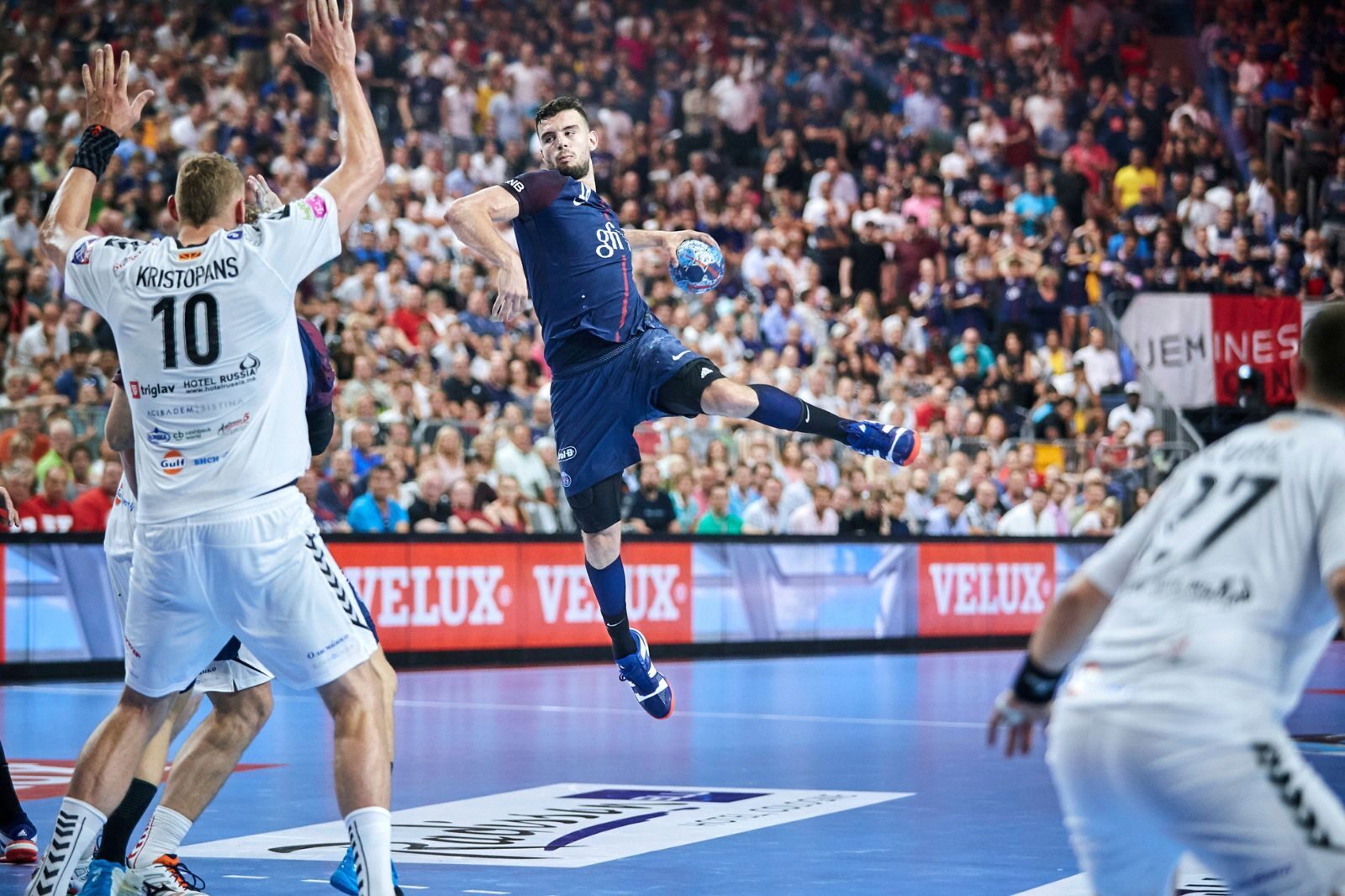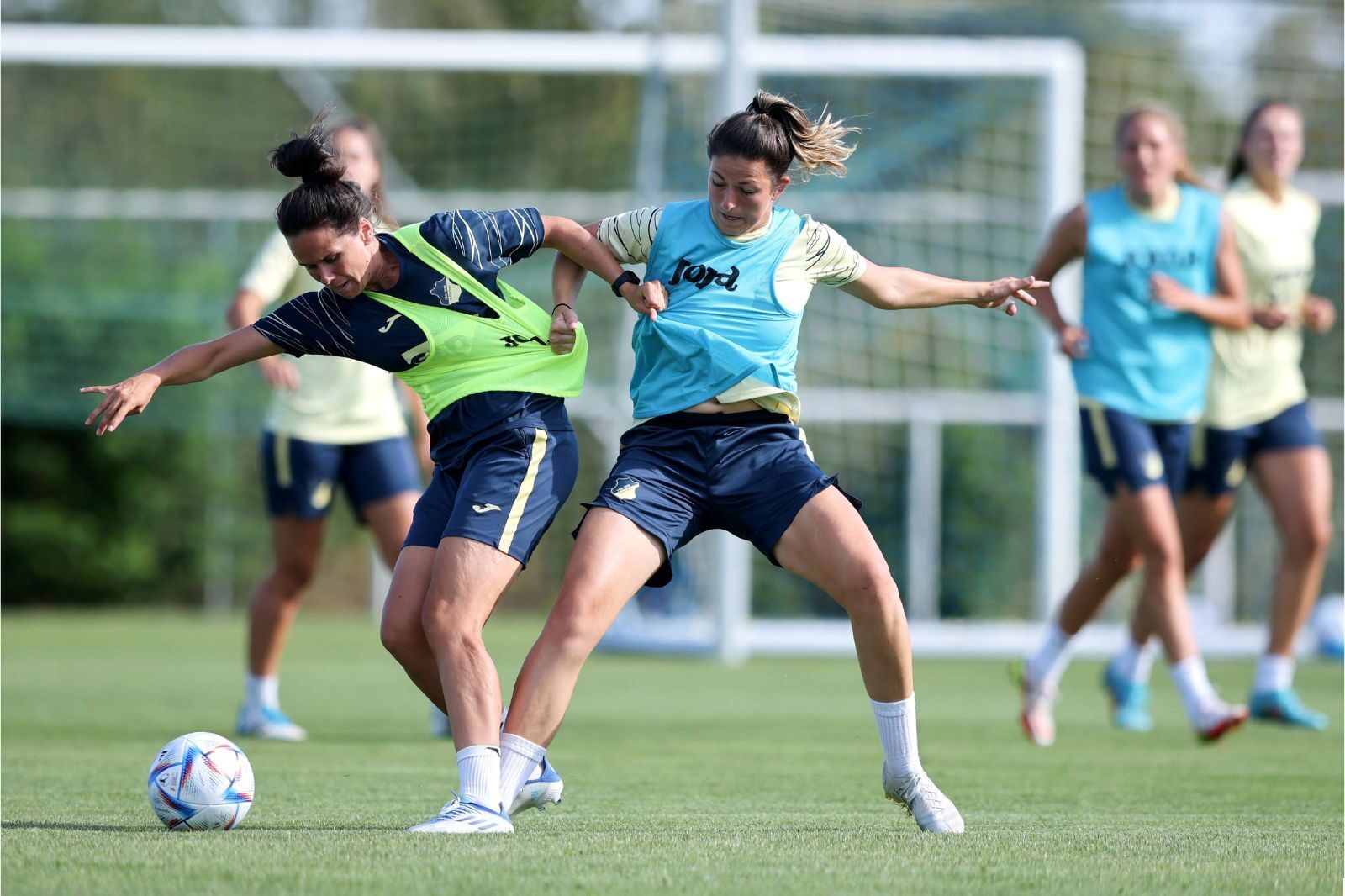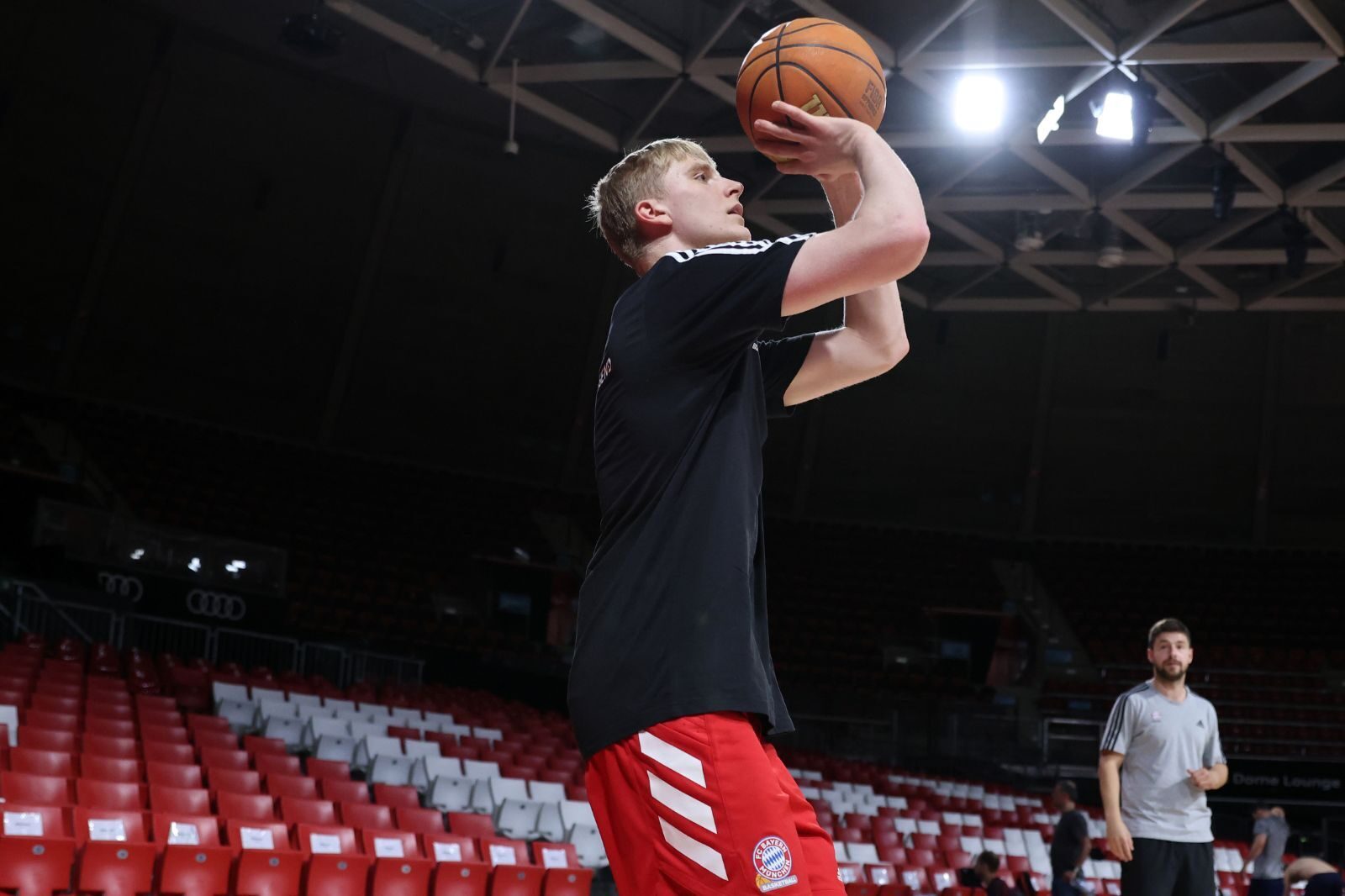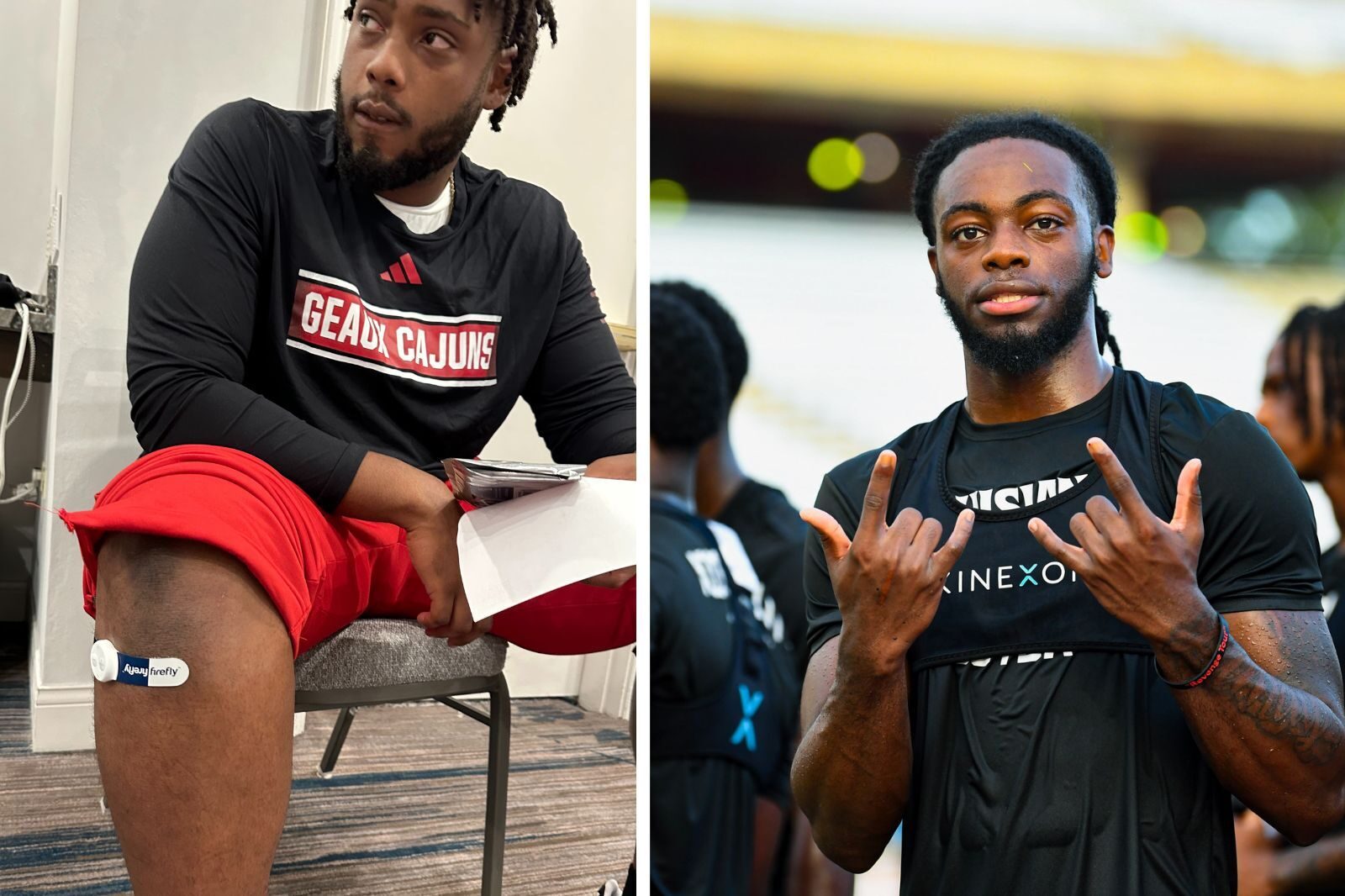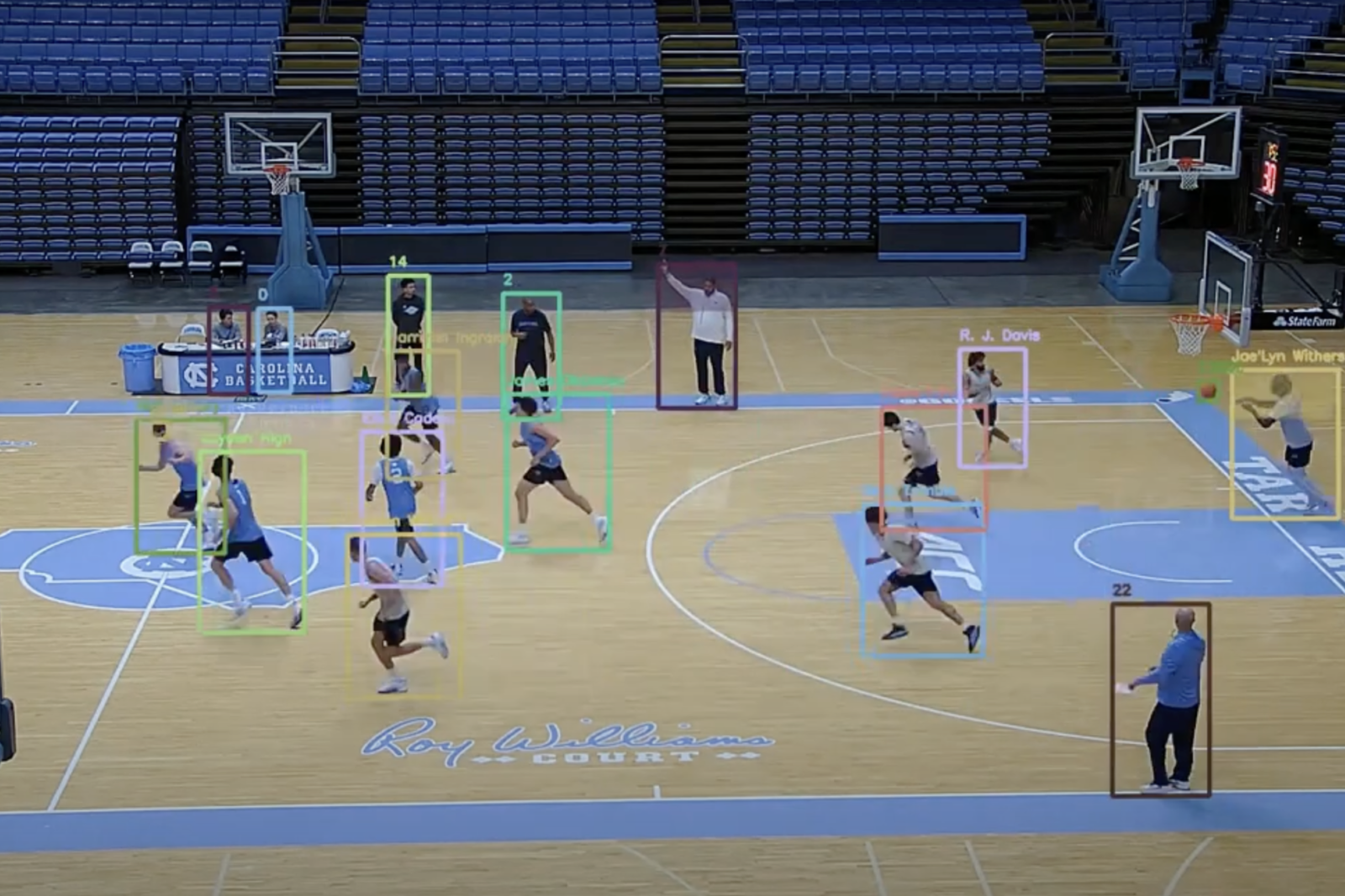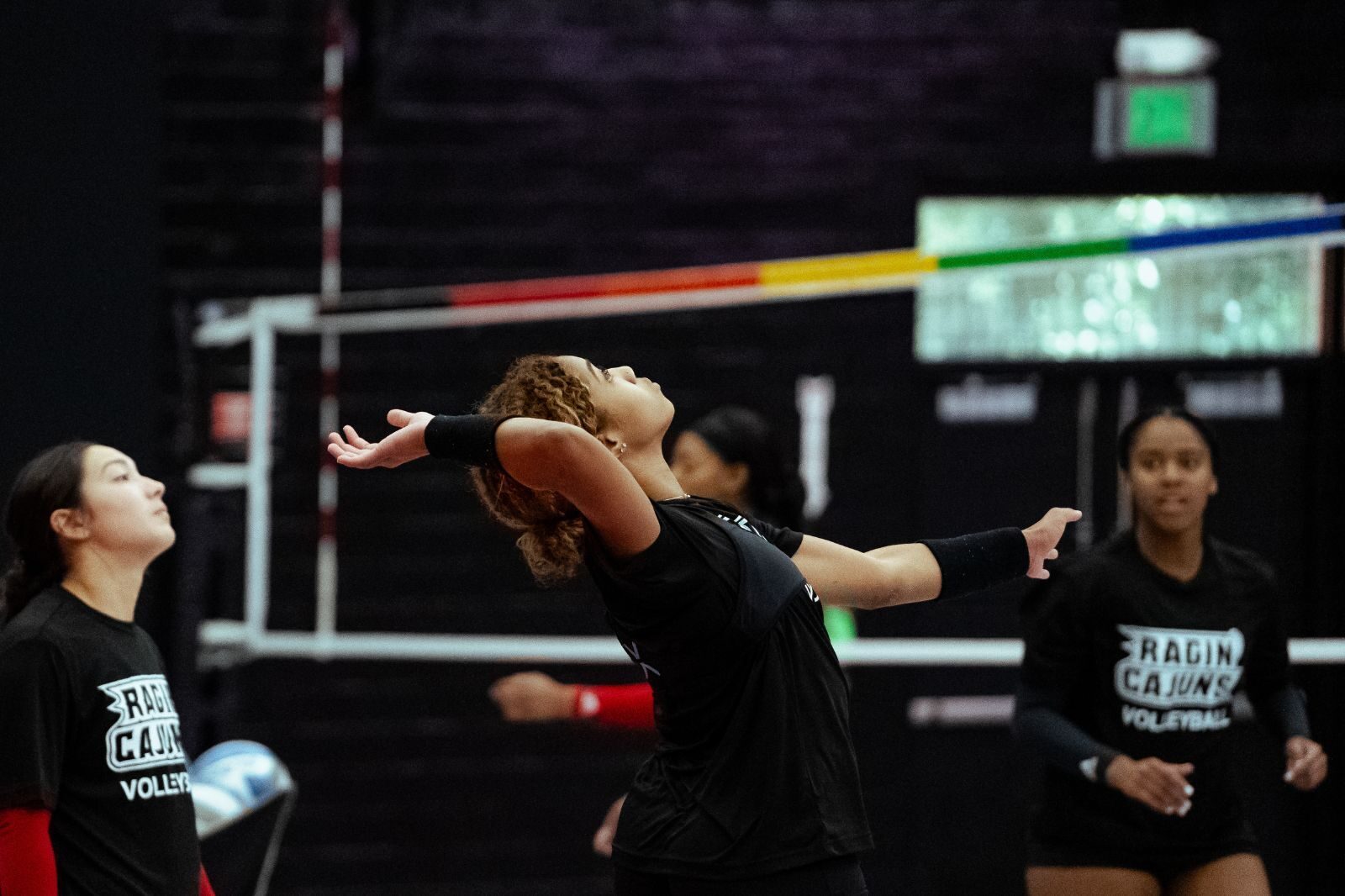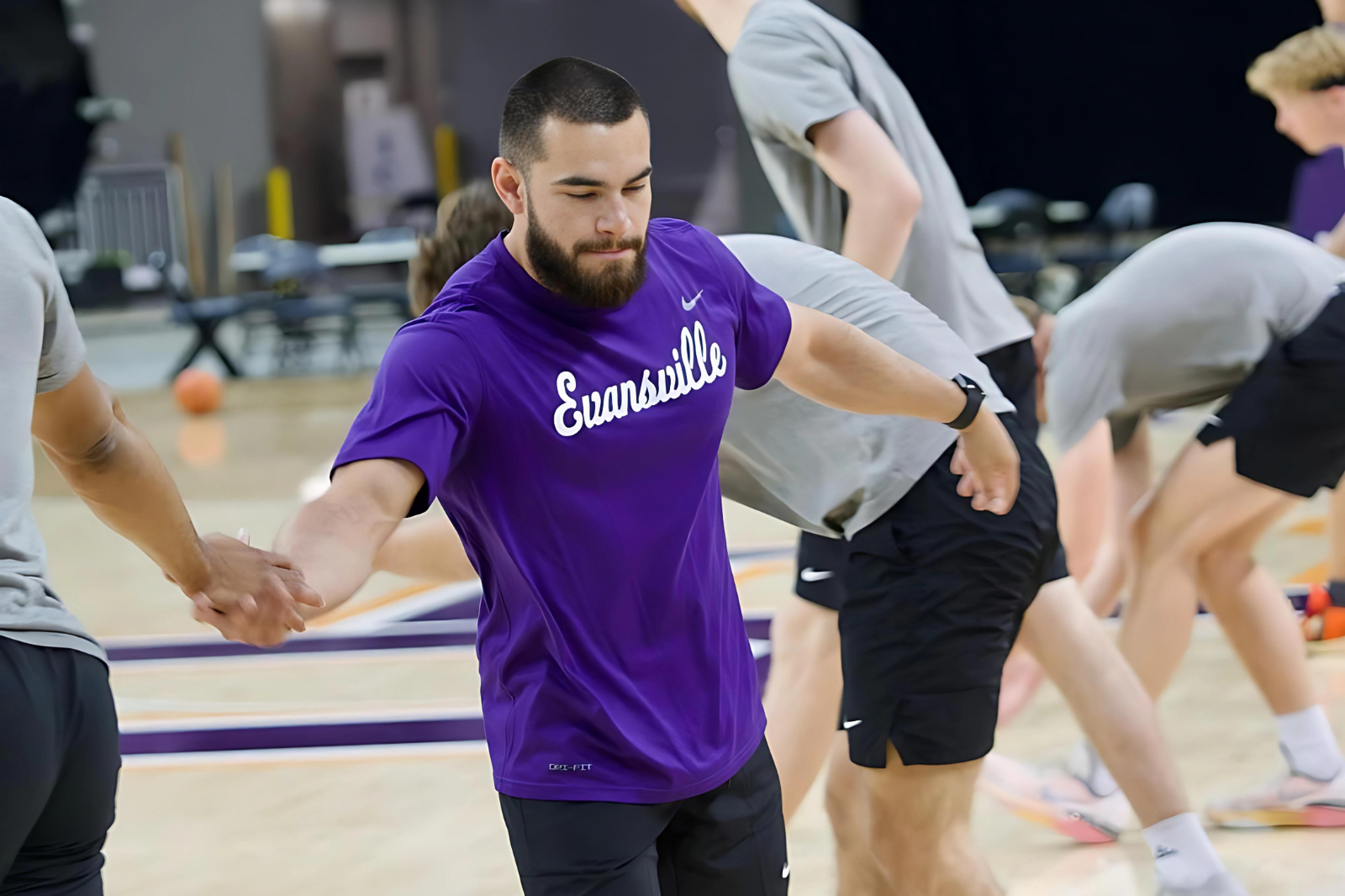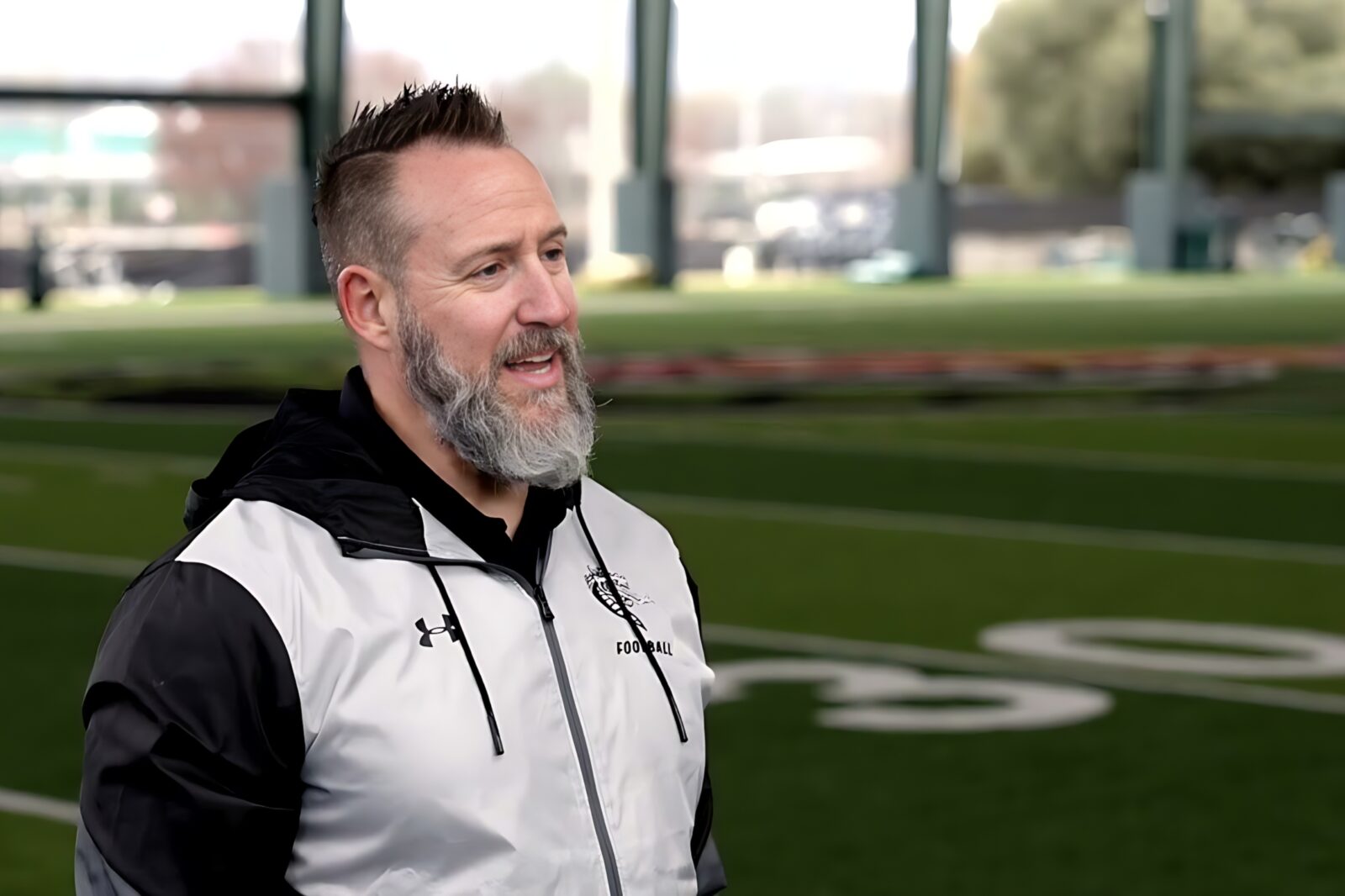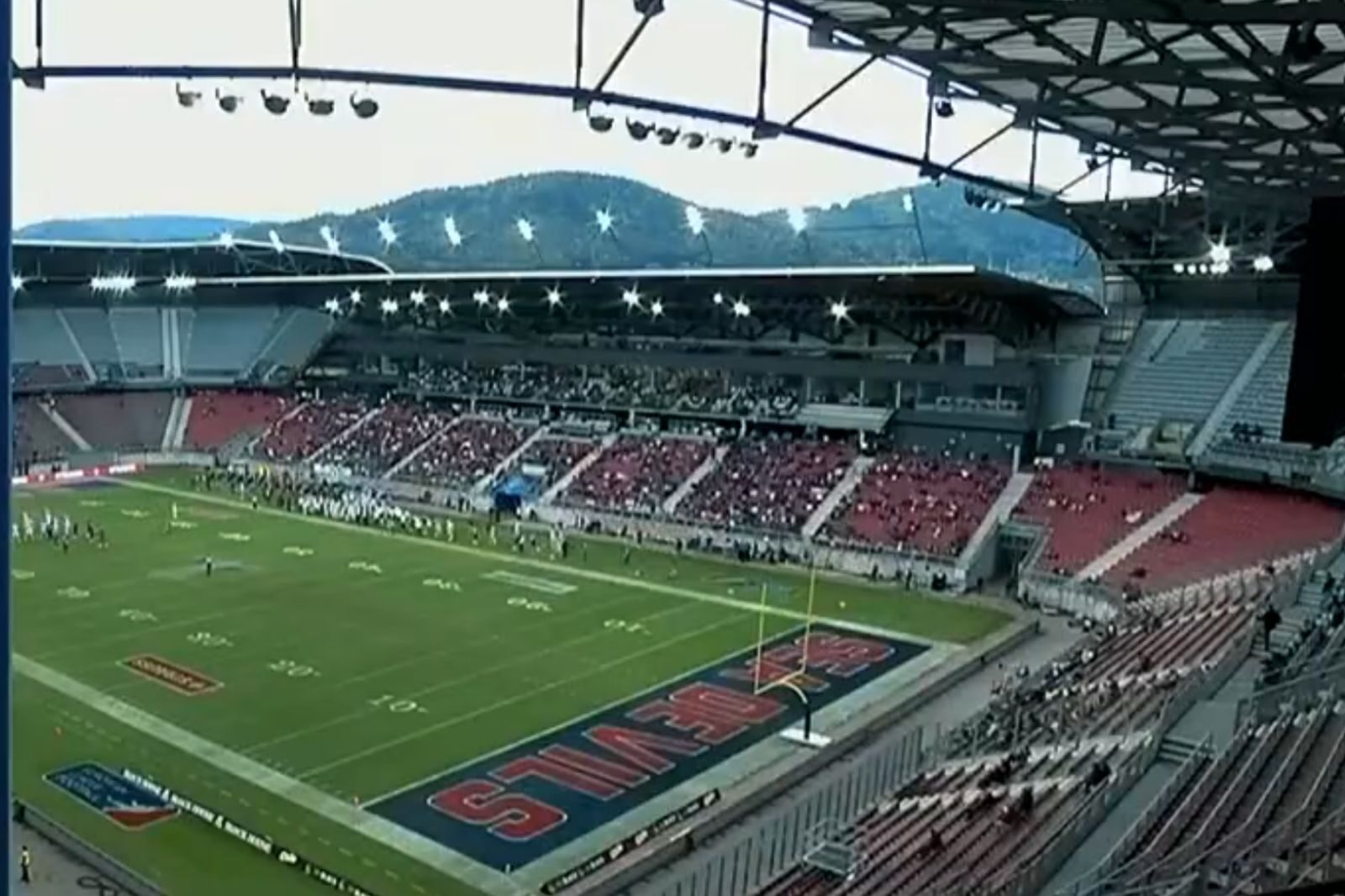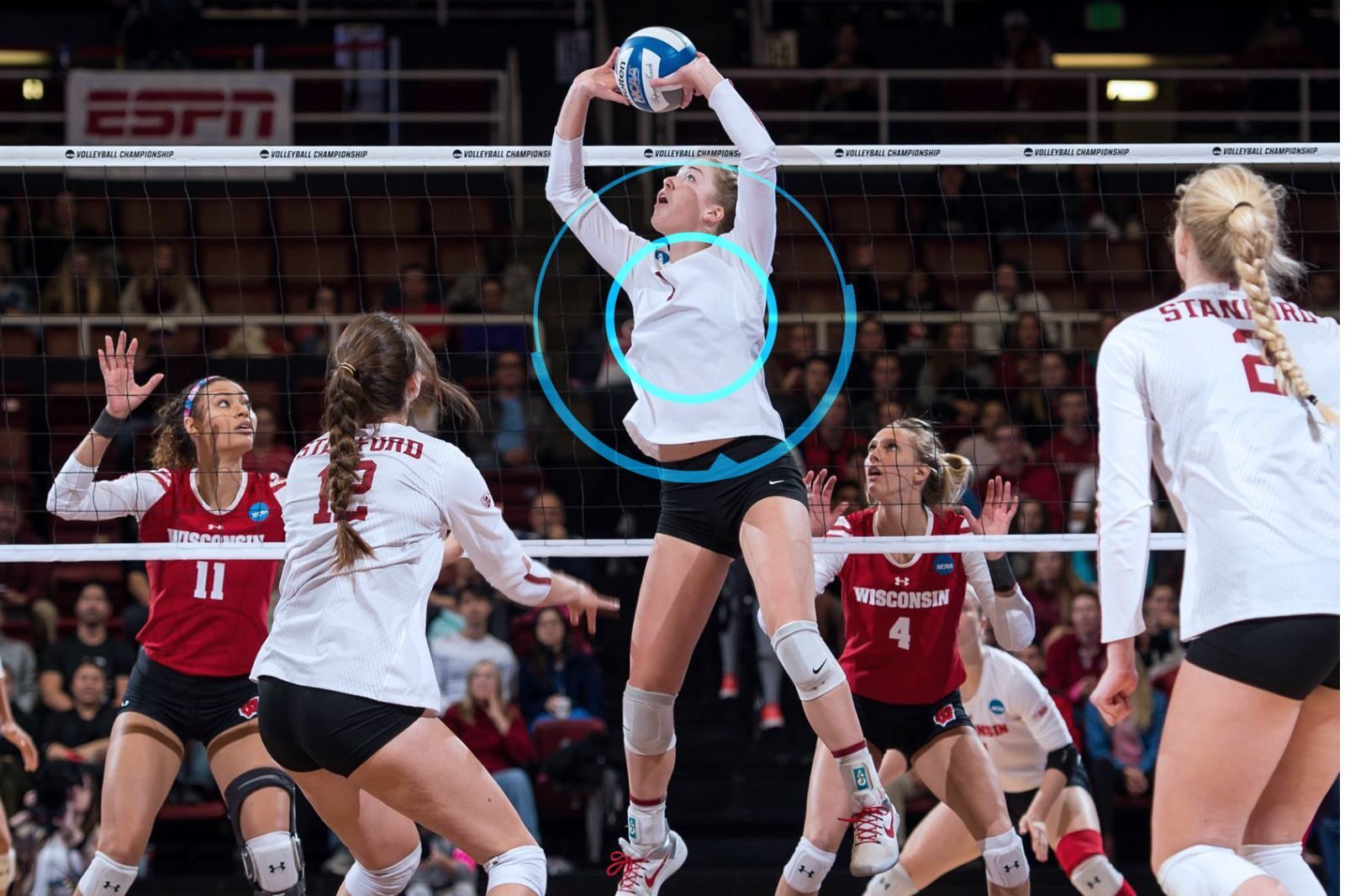What's the Difference Between a Sports Scientist and a Sports Data Analyst?
Sports scientists and sports data analysts have two distinct roles in the sports industry. While both roles involve working with data, they differ in their focus and responsibilities.
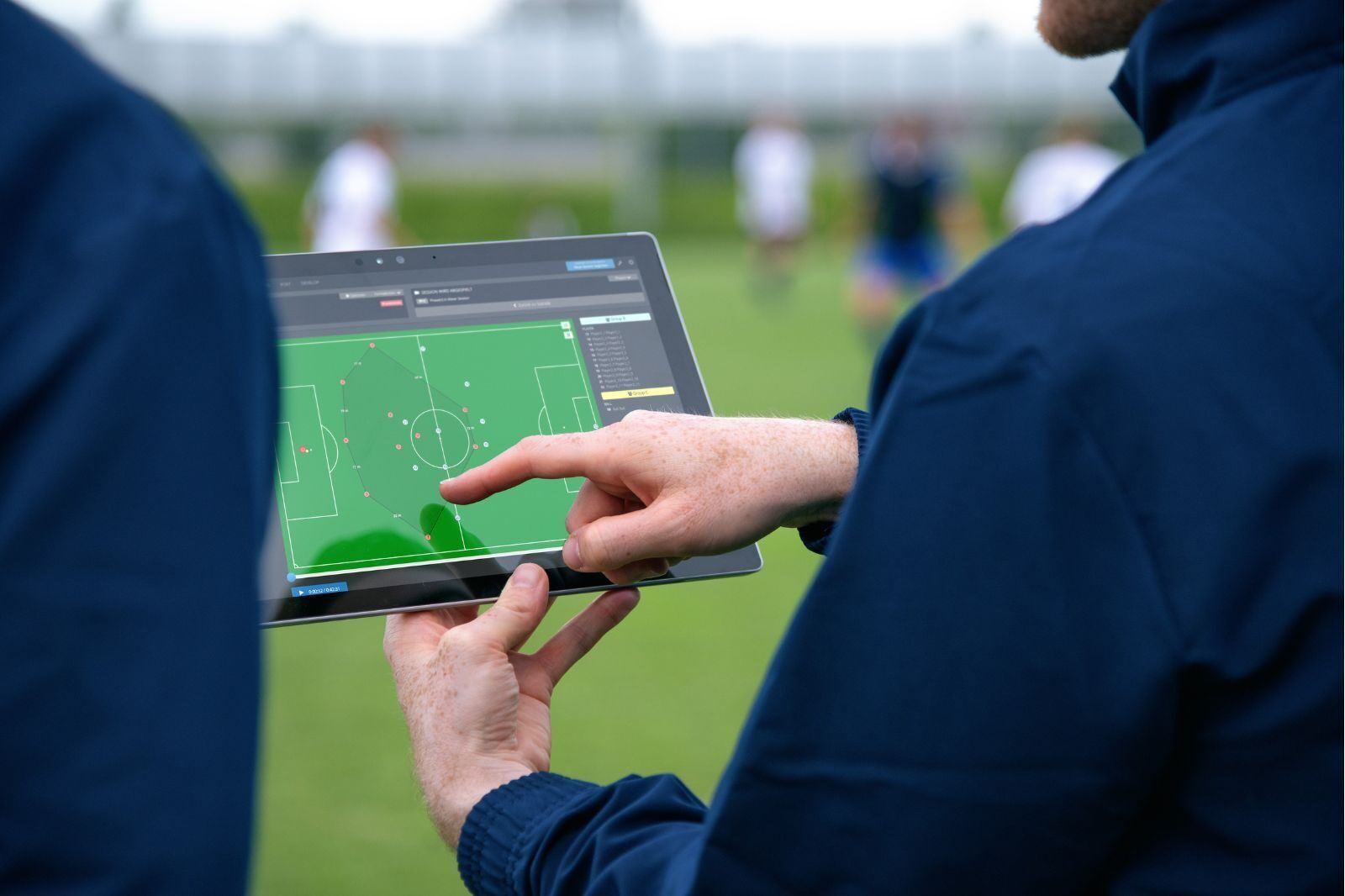
In general, sports scientists are primarily concerned with the physical and physiological aspects of sports performance.
But on the other hand, sports data analysts focus on analyzing data to gain insights into team and player performance.
What is a Sports Scientist?
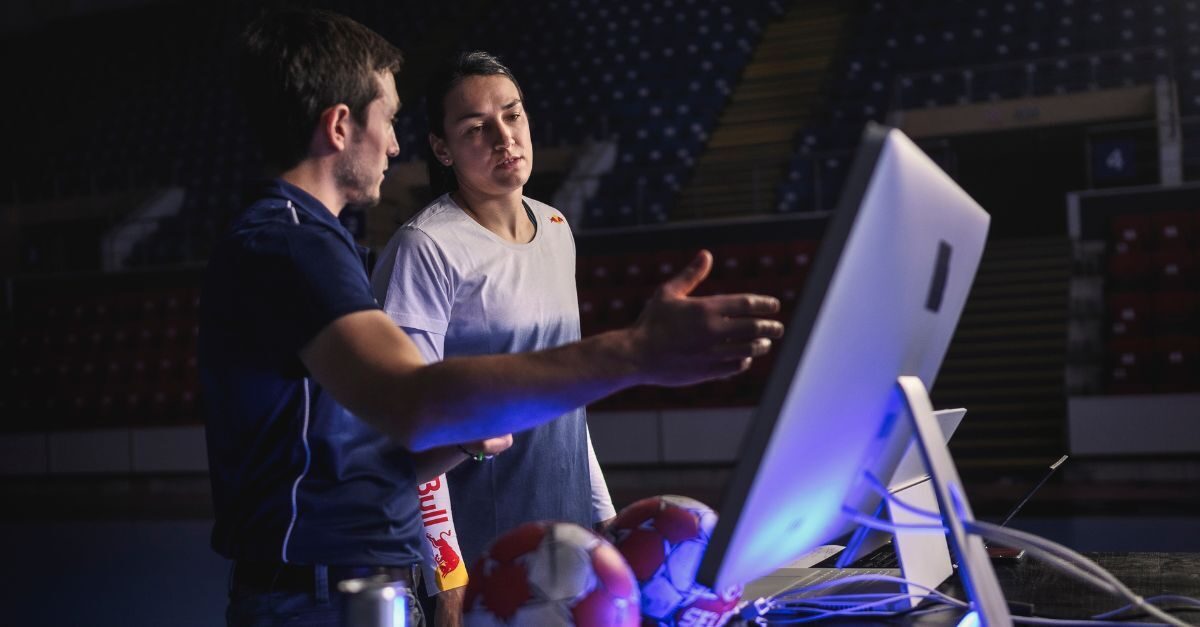
A sports scientist is a professional who studies the science behind sports and exercise. They use their knowledge of physiology, biomechanics, and psychology to help athletes improve their performance and prevent injuries. They have many areas of expertise, including:
- Movement screenings
- Sport-specific testing
- Injury prevention and corrective exercise prescription
- Strength and conditioning
- Program design and monitoring
- Developing new equipment or training techniques
A sports scientist may also help with diagnostics and rehabilitation.
What is a Sports Data Analyst?
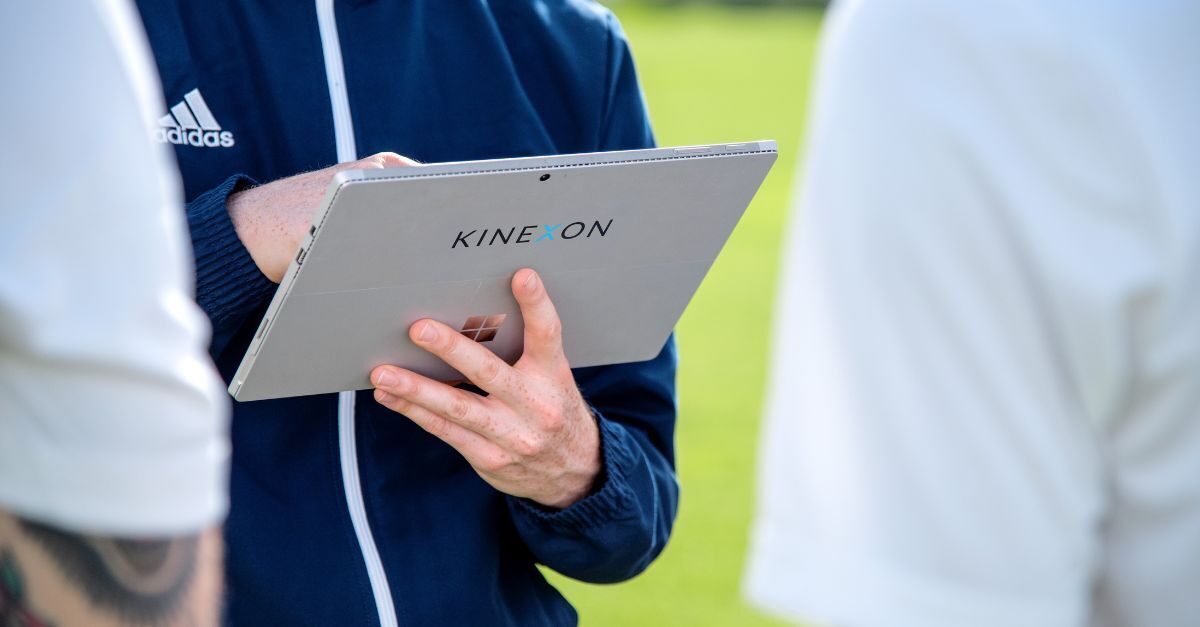
A sports data analyst is a professional who uses data to help sports teams make better decisions. They typically have a mathematical, statistical or computer science background.
They analyze data on player performance, team statistics, and other factors to identify patterns and trends that can be used to improve team performance. They may also develop predictive models to help teams make strategic decisions.
Their work usually starts by asking the questions that a team manager, coach, or general manager would seek answers to regarding a team’s achievements in terms of player placement, game strategies, and play selection.
Helping Make Sense of Sports Data

The ultimate goal of both is to help you make sense of sports data. Some of the methods and tools they both use include:
Wearable technology: They use devices such as sensors, or player trackers, to collect real-time data on player biometrics, movements, and behaviors, such as speed, acceleration, and distance.
Predictive analytics: They use machine learning and artificial intelligence to build models that can forecast future outcomes and scenarios, such as player performance, game results, and revenue projections.
Data visualization techniques: They use graphs, charts, tables, and dashboards to present data in a clear and engaging way, such as showing trends, patterns, outliers, and comparisons.
Video-based or marker-based technologies are also relevant for both positions.
Understanding Sports Data is Crucial
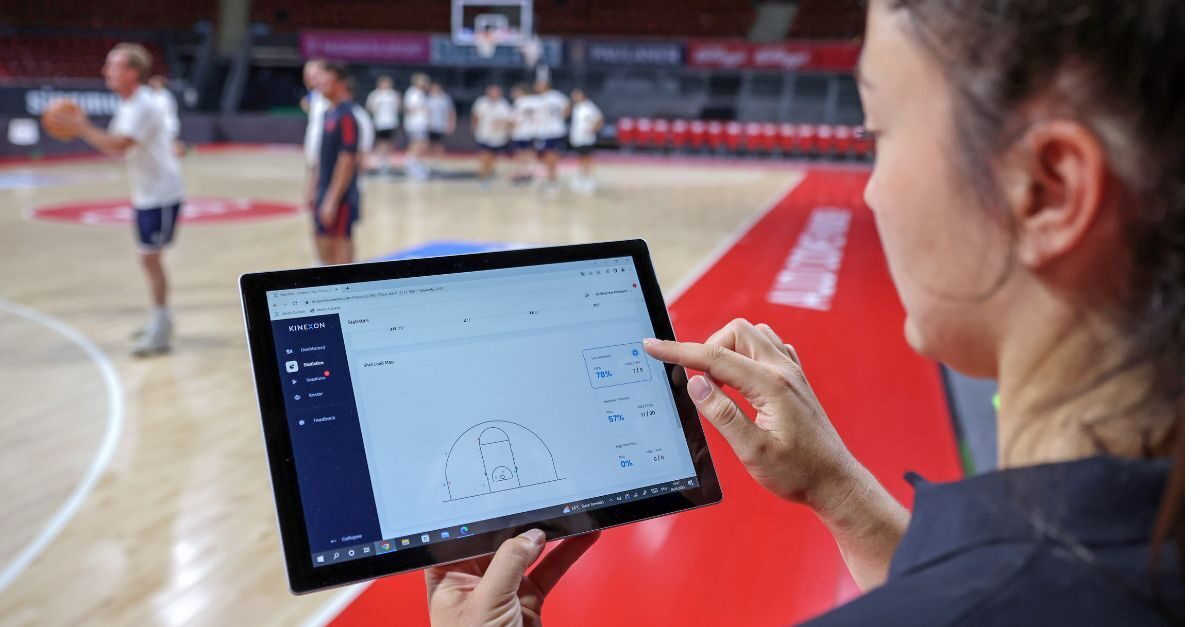
Although it is hard to clearly differentiate here, sports scientists are also working with data and interpreting data helping e.g., a team/player to perform best, but for sure the data scientist is the expert, it is more a deep dive in working with the data.
In short, while both sports scientists and sports data analysts work in the sports industry, their roles are quite different. Sports scientists focus on the science behind sports and exercise, while sports data analysts focus on using data to help teams make better decisions.
KINEXON Sports Science Consulting Team
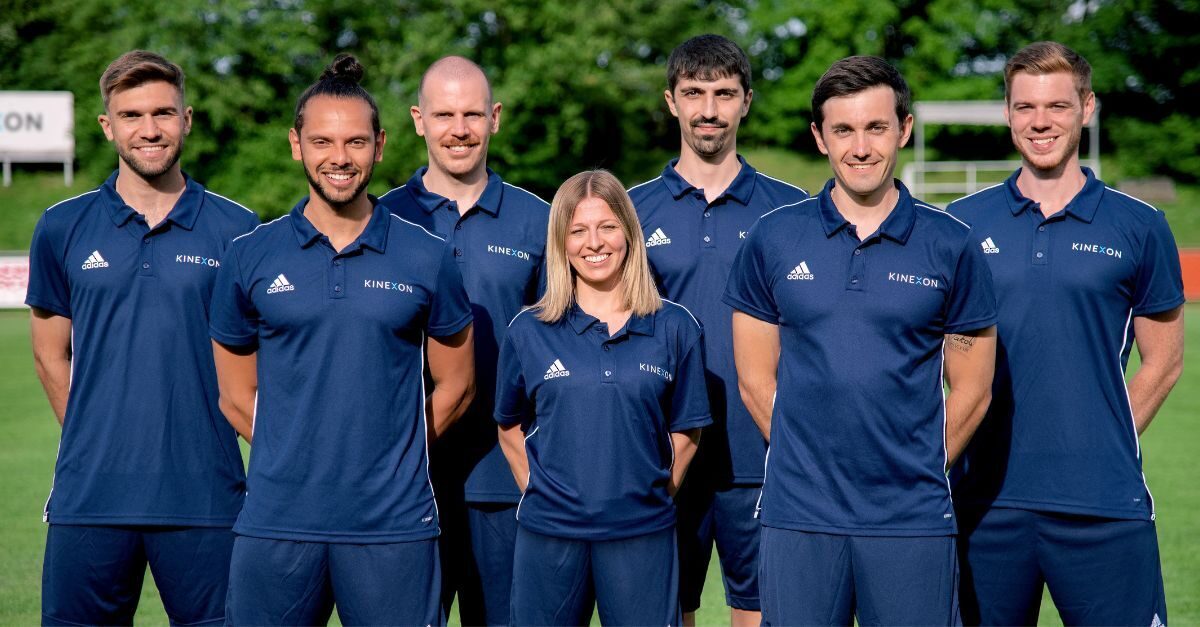
The KINEXON Sports Science Consulting Team helps to create visual representations of pertinent data and provides feedback for interpreting the results.
Their goal is to help teams and organizations prepare their data, guiding them towards quick and meaningful insights. The team customizes reports to enhance performance and stays in continuous communication with coaches to comprehend data outputs and take necessary actions.
Our team of experts wants to save you time and improve your team as efficiently as possible.
If you would like to learn more about our Sports Science Consulting services, feel free to contact us at any time, or visit the web page via the link below.
